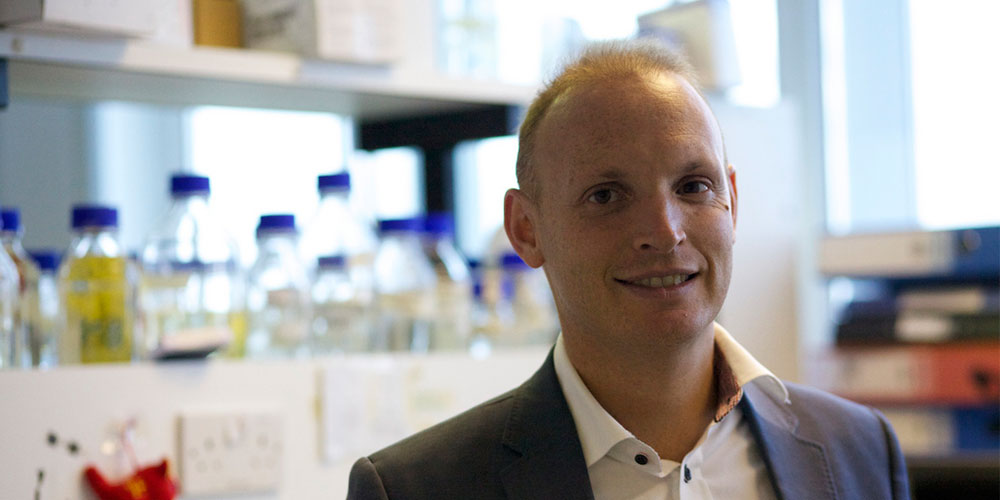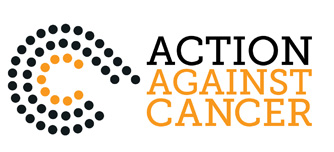Action Against Cancer's important role
Professor Justin Stebbing

Breakthroughs in the laboratory can potentially have implications for millions of people, well beyond our lifetimes. Many of the well-known cancer charities will fund only 'safe' research, or research that deliberately would not take risks. This begs the question 'how much is the envelope really being pushed?' Finding something new, and looking at cancer in a new way, is hard - but we can do it. Action Against Cancer is enabling me and my team to do that, and to think differently, allowing calculated risks to be taken. Perhaps the biggest risk is not to take risks.
The PhD students, technicians and post-doctoral scientists in my team are the hardest working, most gifted group of individuals I have ever met. They inspire me - I genuinely believe that I am working with some future Nobel Prize winners. We are fully committed to developing diagnostics and treatments that will have tangible benefits for patients - to making a difference. We want to understand cancer, not for the sake of it, but to control it.
Action Against Cancer is run incredibly efficiently and is refreshingly low on bureaucracy. It is designed to do what it says - fund the development of cures. Developing cures is not easy, and we don't yet understand why some cancers are curable and others are not. To work this out will require taking calculated risks and an ability to adapt and move quickly.
Part of the reason for Action Against Cancer's success rests with its genesis. I am immensely grateful for the unbelievable support of the charity's founder and Chairwoman, the tour de force that is Hilary Craft. Hilary has suffered with three types of cancer for more than fifteen years but continues to do so much to help others. One conversation led to another and then actions - lots of actions "thus the name Action Against Cancer" when words stop and the hard work begins. It's 99% perspiration and 1% inspiration in the laboratory. Patients need better solutions, fast. That's what we're here for.
We are currently working on five huge projects with applicability to a wide range of cancer types. With the incredible support of Action Against Cancer's Patrons, other generous donors and awe-inspiring fundraisers, we are doing big science with a big aim to develop cures. Developing cures is realistic. At the start of my career we cured around 40% of patients, ten years ago it was 50%, and now it's a majority. If we can cure colon cancer with liver secondaries (a condition which is particularly difficult to treat), which we can sometimes now do, we can get there for most cancers, we really can. We must accept that sometimes we will conduct experiments that simply 'won't come off'; but sometimes they will. And when they do, we can really beat this disease.
Professor Justin Stebbing
